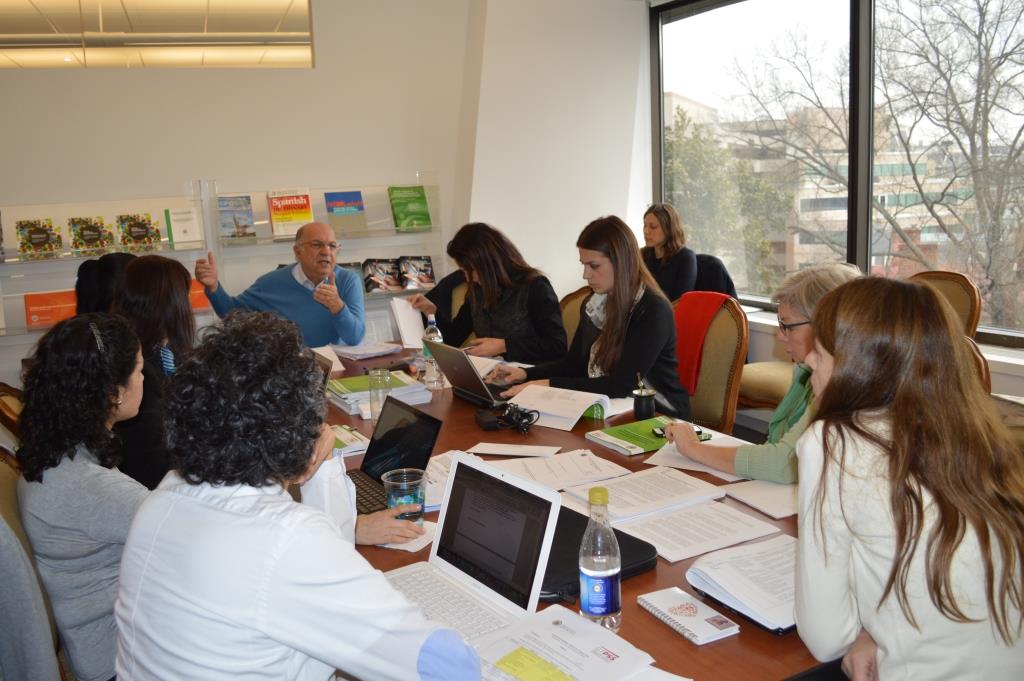The Region’s Commitment to Economic, Social, and Cultural Rights

“Citizen demand for social, economic and
political equality, points to the need to give answers, and has led
the region to search for a new development paradigm," stated OAS
Secretary General, José Miguel Insulza in the February 25 dialogue
on the progress and future of the “Protocol of San Salvador,” which
consecrates Economic, Social, and Cultural Rights.
The “new development paradigm” highlighted by
Insulza refers to the regional and global consensus on the critical
importance of equity and equality. In this regard, he recalled the
approval of the
Social Charter of the Americas in 2012, and its Plan
of Action approved this very month. He further stressed that
both the
Declaration of the OAS General Assembly in 2014 and the
Seventh
Summit of the Americas to be held in April in Panama, make
direct reference to social inclusion.
By recognizing economic, social, and cultural
rights for citizens of the Americas, the Protocol of San Salvador is
yet another regional instrument to address the inequality challenge.
As such, it was highlighted at this month’s
policy roundtable by experts on social rights and policies, who
addressed the progress made to date in implementing the Protocol,
and its inclusion in the discussion of the post-2015 development
agenda. The dialogue was held at OAS headquarters in Washington,
D.C., coinciding with the first period of sessions of the Working
Group responsible for following-up on the Protocol.
 This
period of sessions represents a very significant step forward, as
the Working Group analyzed national reports presented by 3 State
Parties to the Protocol of San Salvador, in which countries report
progress based on a set of specific indicators.
These progress indicators (prepared by the Working Group and
approved by Member States) are prioritized through a pioneer
methodology or system that covers rights to social security, health,
education, labor and trade union rights, adequate nutrition, healthy
environment, and the benefits of culture.
This
period of sessions represents a very significant step forward, as
the Working Group analyzed national reports presented by 3 State
Parties to the Protocol of San Salvador, in which countries report
progress based on a set of specific indicators.
These progress indicators (prepared by the Working Group and
approved by Member States) are prioritized through a pioneer
methodology or system that covers rights to social security, health,
education, labor and trade union rights, adequate nutrition, healthy
environment, and the benefits of culture.
During the Working Group’s sessions, the
experts affirmed that “the system looks at indicators that are
useful for the design and ongoing evaluation of public policies of
Member States, aimed at ensuring compliance with all economic,
social and cultural rights, with a realistic approach to equity and
social justice.”
The OAS, through SEDI’s Department of Social
Inclusion (DIS), operates as the Technical Secretariat of the
Protocol of San Salvador and supports the work of its Working Group.
The group is composed by eight experts from Argentina, Brazil,
Colombia, Ecuador, Mexico, and Uruguay, as well as members of
Inter-American Commission on Human Rights (IACHR).

